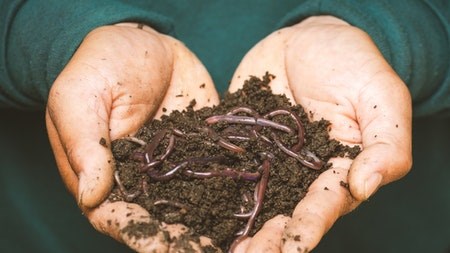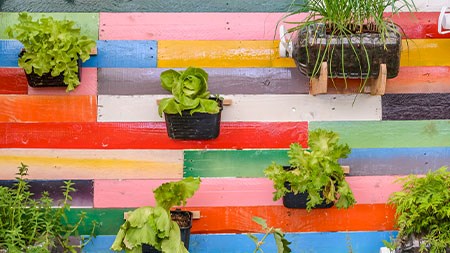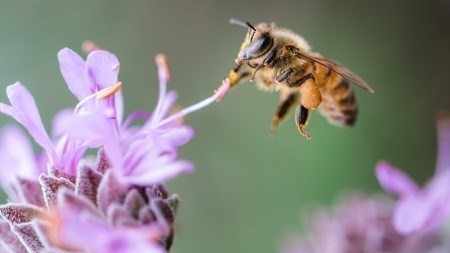Growing a worm farm is an easy and cost-effective way to turn your organic kitchen waste into fertiliser that boosts your plants’ health and growth. This is known as vermicomposting. Worm farms are very easy to maintain and can be grown in almost any space, including tiny balconies and courtyards in urban areas. Earthworms are commonly used in worm farms as they tend to compost organic matter quicker than other worms.
Here’s what you need to know about growing a worm farm at home:
Picking the right worm farm
Worm farms come in different shapes and sizes. You can choose to purchase one from a store or build one from scratch using old containers, a drum, or wooden and plastic boxes. Should you choose to re-use a plastic container for your worm farm, be sure to create a flow of oxygen by making little holes in it.
It’s important to note that the size of the container you buy or reuse should accommodate the amount of organic kitchen waste your household produces. Smaller worm farms are perfect for small families and those who live alone and larger worm farms work best for large families and places that tend to generate a lot of organic food scraps.
Why are worm farms beneficial?
Worm farms are beneficial because they turn organic waste into vermicompost, which contains worm castings and worm urine, known as vermi-leachate. This vermicompost can be used to add nutrients to plants.
In addition to this, worm farming helps with reducing the amount of organic waste in landfills, which are already experiencing a lack of space. Rotting organic matter in landfills can also carry toxic chemical fluids into water systems and soil as it tends to liquefy when it decomposes. This can also increase the amount of methane in the atmosphere, contributing negatively to the current global warming crisis. Worm farming can also be a great hobby, helping you unwind and release stress.
How many worms will I need for my worm farm?
The amount of worms you need is dependant on the number of food scraps you create. Compost worms eat their weight in food scraps daily. If hypothetically, you create 250g of food scraps daily, you’ll need 250g of worms. As your worm farm grows, the worms will be able to consume more food scraps.
With over 3000 types of earthworms in existence, it’s imperative that you choose the right type for your worm farm. The red wiggler (Eisenia fetida) is commonly used to populate worm farms due to its ability to compost organic matter at a rapid rate. Other breeds of compost worms include Blues, and Tigers, which can eat their body weight daily, unlike garden earthworms who only eat half.
How to feed worms in a worm farm
Compost worms are surface feeders, meaning they need thick layers of food scraps on top of the soil so that they can feed. It’s recommended that food scraps are chopped into little pieces to help them break down faster so that the worms can consume them, as they only eat organic matter when it starts to decompose.
What to feed worms in a worm farm
Worms don’t just eat any food scraps. Ideal foods to feed them include:
Fresh vegetable scraps
Teabags
Coffee grinds
Wet and shredded paper and cardboard
Eggshells
Cow or horse manure that is well decomposed
What to avoid feeding worms in a worm farm
Avoid feeding your worms the following foods to ensure that they’re healthy:
Feces
Dairy
Onions and garlic
Citrus
Meat and bones
Pineapple
Fresh grass cuttings, sawdust, or manure
Wood ash
Used cooking oils
Food that is processed and contains salt and vinegar
Using vermicompost in your garden
Due to the fact that vermicompost is highly concentrated, you don’t have to use it regularly. Using it as mulch or adding it to planting holes to help new seedlings grow is an effective way to see results in your garden.
You can also dilute worm wee with water and spray it on foliage or use it as an inoculator to improve your soil’s health.
How to start a worm farm
Have a look at the tutorial below to create your very own worm farm in 4 simple steps:



